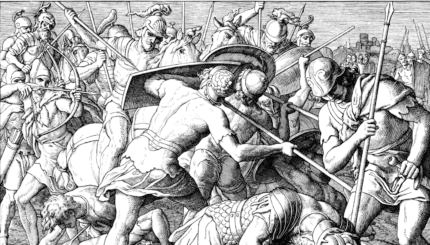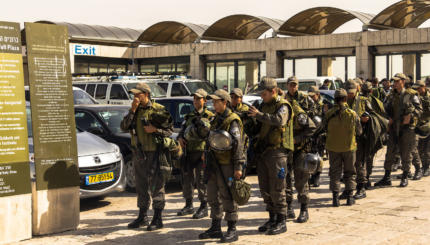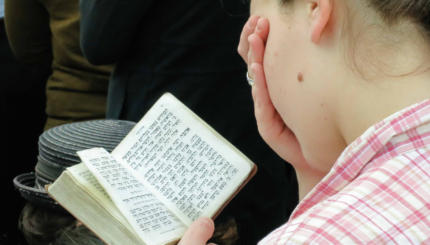Torah Commentary
All Is Not Fair In Love And War
By linking the incident of the female prisoner of war to the hated wife and rebellious child, Rashi encourages us to consider the consequences of treating others as objects.
Judaism and the Human Body
The commandment to remove a corpse from the stake on which it is impaled teaches us the importance of respecting the holiness of the body.
Every Act Is Significant
The reward of long life for the seemingly simple commandment of shooing away a mother bird before taking her young teaches us that no act is trivial.
Justice And Communal Responsibility
The instructions to pursue justice and practice communal responsibility should motivate us to constantly improve our efforts to alleviate the crises that affect our people.
Parashat Shoftim: Summary
Moses reviews for the Israelites their system of justice, the rules of kingship, their relationship to idolatrous nations, and the rules of doing battle.
Wary Of War
The understanding that Israelite troops were addressed on two different occasions before they entered war reflects the idea that our reactions to war often depend on its imminence.
The Emergence Of Environmentalism
From the commandment not to cut down trees in war, we derive the prohibition against the careless destruction of nature.
Breaking the Cycle of Poverty
Remission of debt and freeing of slaves are two biblical institutions that ensure that cycles of poverty are not perpetuated.
Communal Cohesion
The second paragraph of the Shema teaches us the importance of the communal observance of Judaism.
Should We Fear God or Love God — or Both?
Moses' message to relate to God through love, not only through fear, is especially relevant in the modern age.








